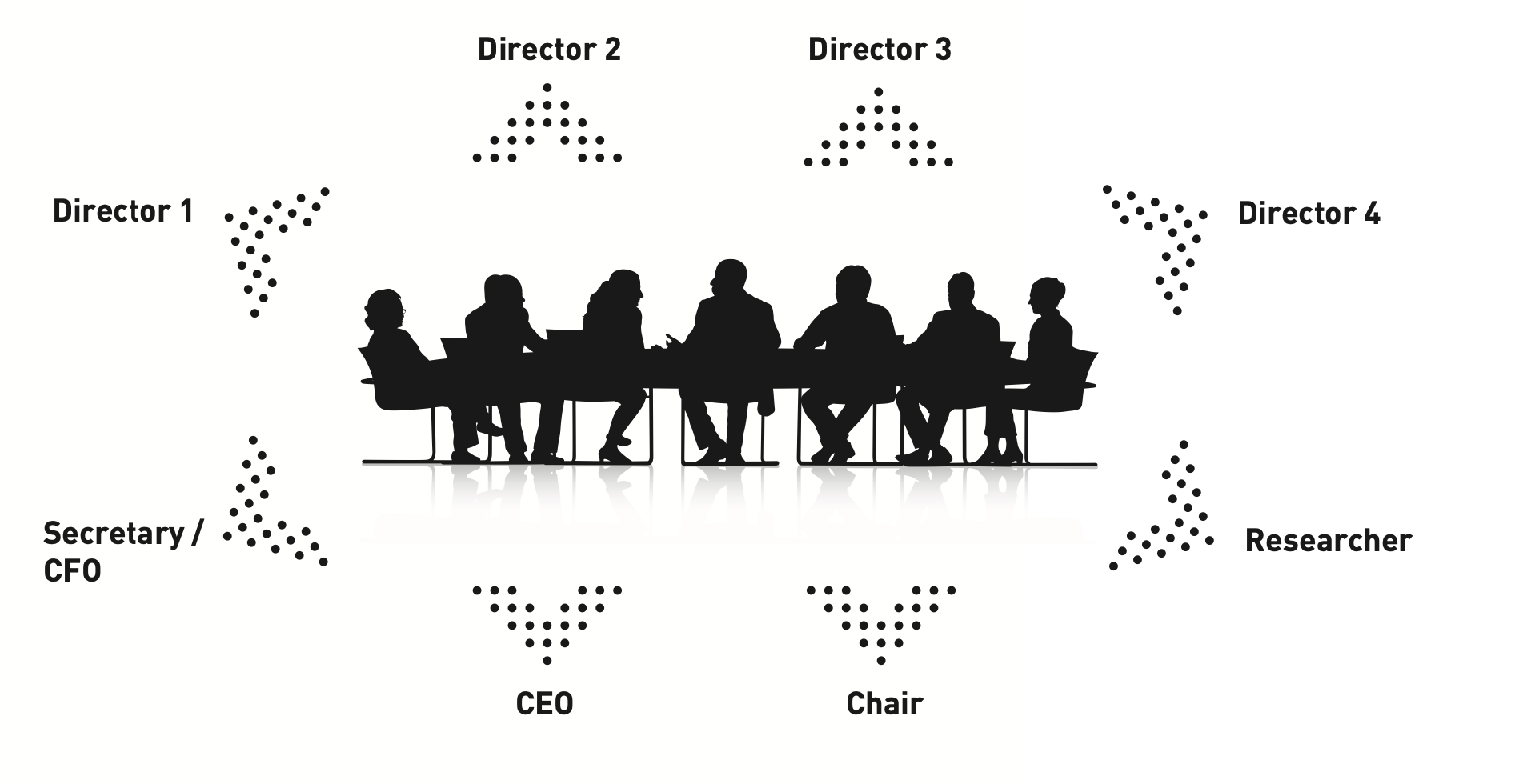Amsterdam Business Research Institute

Corporate governance scandals have drawn significant attention to what happens in the boardroom, raising many questions with regards to why boards of directors, those responsible for monitoring firms, were unable to prevent the scandals. Why do boards fail so often? How come boards of directors that are responsible for monitoring and safeguarding their firms were unable to prevent such scandals? While boards of directors are of institutional importance, scholars have a limited understanding of boardroom processes<span>1</span>. How do directors (or non-executives) and executives make strategic decisions together and, in particular, how do directors monitor the organisation and its executives?


